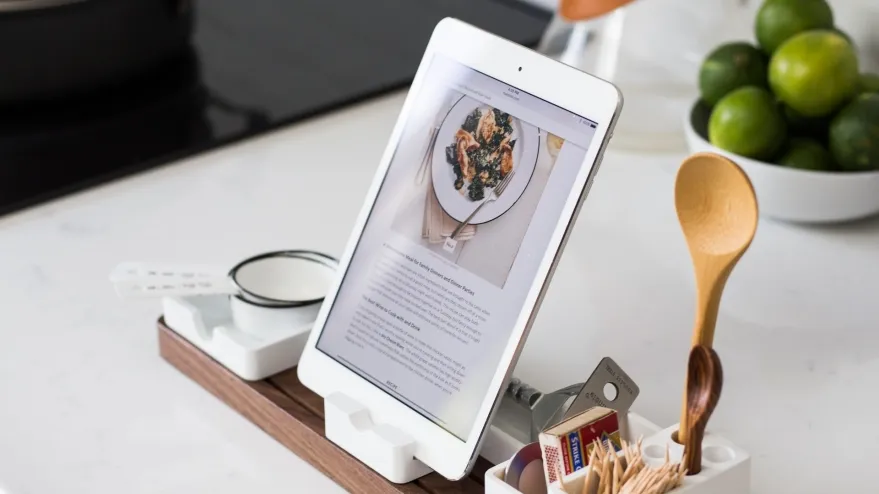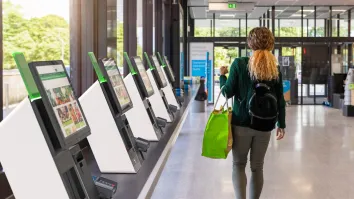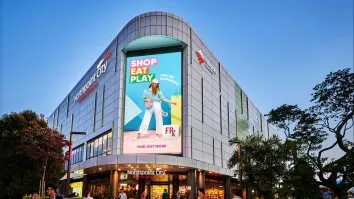
AI, AR technology to optimise convenience for food and drinks
More consumers lean on safer, quicker, and healthier tech-optimised options for preparing food.
The convenience of food and beverages has continued to adopt new technologies like AI and AR for safer, quicker, and healthier preparation, a report found.
A Mintel study found that the recent pandemic has allowed more ease and shortcuts for consumers seeking convenience in quality food and beverages. Crucially, time is a heavy factor in their choice of food to prepare.
Around 51% of Canadians regard a precise time as important in preparing home-cooked meals. Meanwhile, 48% of US consumers prefer using quick-to-prepare meals and 38% of UK respondents lean on recipes from products they buy.
Consumers and users adept at evolving technologies are more open to the time-saving benefits of more convenient options, enhanced by continually emerging applications.
“In the next few years, as AR hardware becomes more sophisticated and less expensive, a key function of food and drink brands will be to guide users through day-to-day activities such as cooking, providing instructions in front of their eyes during tasks and alerting them to any missteps or imminent complication,” Ayisha Koyenikan, Associate Director of Mintel Food & Drink, said.
Products like meal kits and multitasking appliances allow customisable time and precision in the kitchen. Several amenities like automated shopping lists and meal-planning apps assist consumers with their daily food choices.
Artificial intelligence (AI) and augmented reality (AR) have also provided solutions for consumers to craft novel dishes, drinks, and snacks, wherein several preparations can be done automatically and promptly.
ALSO READ: Soft drinks industry uses AI for new flavours
Around 43% of US users lean on shopping through virtual reality storefronts and 38% of Italian consumers find AR as a helpful immersive experience for buying food and drinks.
On the retailers’ side, applications like push notifications, personalised alerts, and AI platforms serve to assist shoppers both online and in stores. Data also brought crucial opportunities for customised vending selections for quick, bespoke orders. Marketing is importantly propelled by AI and AR, which helped dictate user preferences for meals.
However, even with automation, AI and AR will serve a multi-faceted role, wherein consumers may be able to prepare meals and products in the kitchen, under their control.



















 Advertise
Advertise








